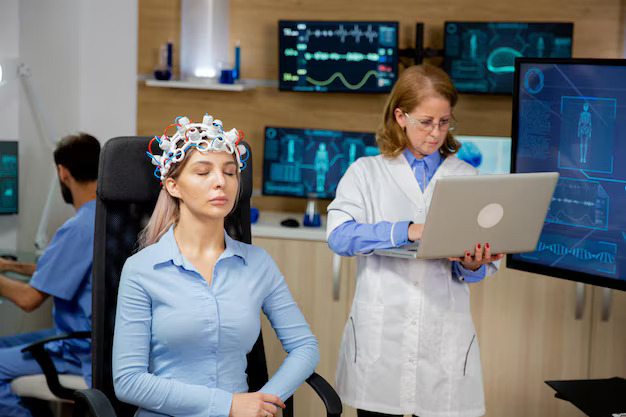What Makes AI Chatbots a Game-Changer in Mental Healthcare?
AI chatbots revolutionize mental health: 24/7 support & personal care reshape traditional therapy.


What Makes AI Chatbots a Game-Changer in Mental Healthcare?
Picture a world where help for mental health is just a tap away, available 24/7, and doesn’t come with the stigma or cost of traditional therapy.
This isn’t science fiction—it’s the transformative power of AI-powered chatbots reshaping the mental healthcare landscape. In a global crisis where 1 billion people face mental health challenges but some of them lack access to care, chatbots are emerging as a game-changer.

What’s fueling this revolution? Their ability to provide instant, scalable, and personalized support, combined with innovations like natural language processing and AI-driven cognitive behavioral therapy (CBT).
But with these advances come pressing questions: Can a chatbot truly replicate human empathy? How safe is it to share personal mental health details with AI?
Let’s explore the numbers, real-world case studies, and ethical dilemmas shaping this digital intervention, uncovering how healthcare AI chatbots are both a promise and a puzzle in mental healthcare.
Check this out! Exploring User Intentions to Use ChatGPT for Self-Diagnosis: Recent Study Findings
Bridging the Accessibility Gap
Mental health struggles affect nearly 1 billion people globally, yet access to care remains a daunting challenge. The World Health Organization (WHO) reveals a stark reality: most people suffering from mental health disorders do not receive the treatment they need.
In some low-income countries, there’s less than one mental health worker per 100,000 people—an alarming shortage.
Enter Healthcare AI Chatbots, breaking down barriers to care with 24/7 availability and zero geographical limits. Take Limbic Access, a chatbot implemented in England’s NHS Talking Therapies program. The results speak volumes:
- A recent study demonstrated that using healthcare AI chatbot significantly improved the number of patients referred for mental-health services.
Over a three-month period, services incorporating the chatbot saw a 15% increase in referrals, compared to just a 6% increase for services using traditional methods like Static web forms, Paper based forms , Email submissions, Phone based interviews and In-person registration .
- The chatbot, designed to simplify the referral process, engages users with interactive questions to assess symptoms and tailor responses based on individual needs.
- Among underserved minority groups, the impact is even more striking:
- 179% increase in referrals for nonbinary individuals
- 39% increase among Asian patients
- 40% increase among Afro-American patients
AI isn’t just a tool—it’s a lifeline for those slipping through the cracks of traditional care.
Reducing Stigma and Encouraging Disclosure
For many, the stigma of fear of judgment keeps them from seeking the help they desperately need. In fact, Some people hesitate to access therapy due to social stigma, according to the American Psychological Association (APA).
AI chatbots for mental health are changing the narrative by offering a safe, private, and nonjudgmental space for users to open up. Here’s why they’re making waves in mental health care:
- 70% of users report that AI chatbots help them manage stress and anxiety.
- A Psychological study found that people are 30% more likely to share sensitive issues when interacting anonymously with a chatbot.
By providing a confidential and stigma-free environment, AI chatbots are empowering people to take control of their mental well-being—one conversation at a time.


Cost-Effectiveness and Scalability
For many, Based on the recent data from Forbes International, traditional therapy comes with an overwhelming price tag—$100–$200 per hour in the U.S. and ₹2,000–₹10,000 per hour in India.
These costs make professional mental health support inaccessible for countless individuals.
AI mental healthcare chatbots are stepping in to bridge the gap by offering free or low-cost alternatives, breaking down financial barriers while delivering scalable, on-demand support:
- Unlike therapists who can only see a limited number of patients, AI chatbots can interact with thousands of users simultaneously, ensuring broader access during critical times.
- An interview from the founder of Woebot from the recent CBS News, Alison Darcy, states that this Healthcare AI Chatbot has supported 1.5 million users globally since 2017.
The ripple effect extends to workplaces as well.
A McKinsey report highlights the financial advantages of investing in employee wellness programs. For every dollar spent on these programs, companies save about $3.27 in healthcare costs and $2.73 in reduced absenteeism.
This shows that wellness programs, especially those using digital tools like apps, wearables, teletherapy, and AI chatbots, not only enhance employees' well-being but also help businesses save money.
Tools like AI chatbots provide accessible, convenient, and scalable mental health support, making them a smart investment for supporting employees and improving overall productivity.
The Benefits at a Glance
AI chatbots are revolutionizing mental healthcare by offering unmatched benefits, especially where traditional support falls short:
- Accessibility: Always available, 24/7, providing immediate assistance in moments of crisis.
- Personalization: Uses AI to tailor interactions, delivering targeted and relevant support based on individual needs.
- Crisis Intervention: Recognizes signs of distress and connects users to emergency resources when necessary.
The impact is profound:
- Studies show chatbots can reduce depressive symptoms by 34% in areas with limited access to mental health professionals.
By combining technology with compassion, Healthcare AI chatbots are bridging the gap in mental health care, ensuring no one is left without support when they need it most.
Read more on AI Chatbots here! Public Opinion: How Americans Perceive AI Chatbots in Healthcare

4 AI-Powered Chatbots for Mental Health Support
Woebot
- 24/7 Access: Woebot , a mental healthcare chatbot, provides on-demand mental health support using evidence-based techniques like Cognitive Behavioral Therapy (CBT) and mindfulness, available anytime, anywhere.
- High Engagement: 75% of conversations occur outside traditional clinic hours (5pm–9am), ensuring users get support when they need it most.
- Satisfaction Rates: 96% of users rate Woebot’s interactive psychoeducational tools positively, reflecting its effectiveness in supporting mental well-being.
- Proven Outcomes: Woebot has delivered over 70 million minutes of mental health support and has helped establish therapeutic alliances quickly, with a 97% patient satisfaction rate in one major health system.
- Hours of Support: Over 6,000 hours of mental health support delivered, helping individuals navigate their mental health concerns in real time.
Limbic Access
- Efficiency Boost: Limbic Access , a Healthcare AI Chatbot , reduces patient assessment times by 50%, saving clinicians up to 30 minutes per assessment.
- Higher Satisfaction: 94% of patients report positive experiences, with improved recovery outcomes and faster therapy.
- Increased Access: Limbic has increased referrals by 15%, with 179% more non-binary and 29% more ethnic minority patients seeking care.
- Scalable Impact: Over 350,000 patients supported across NHS and U.S. services, improving outcomes and reducing administrative burden.
- Enhanced Care: AI-powered assessments improve diagnostic accuracy and provide personalized, empathetic support for mental health patients.
Tess
- 24/7 Emotional Support: Tess , one of the AI Chatbots for mental health , provides round-the-clock, on-demand support via SMS, Facebook Messenger, and voice-enabled services like Amazon Alexa.
- Proven Impact on Mental Health:
- 28% reduction in depression symptoms
- 18% decrease in anxiety levels after using Tess for just a few weeks.
- Cost-Effective Solution:
- SE Health saved approximately $585,000 by using Tess to support staff and caregivers, which is equivalent to two months of full-time employee wages.
- High User Satisfaction:
- 88% of users find their conversations with Tess helpful.
- 70% report finding real value in their interactions.
- 76% of participants say Tess provides relevant support and coping strategies.
- Scalable Support: Tess has facilitated over 3 million unique conversations, helping thousands of individuals at once with emotional support and coping skills.
Wysa
- AI-Driven Mental Health Support: Wysa , another mental healthcare chatbot, provides 24/7, anonymous, evidence-based support for stress, anxiety, and depression.
- Global Reach and Engagement: The platform has reached over 11 million people and facilitated more than 500 million conversations globally.
- Proven Effectiveness: 91% of users report finding Wysa helpful in managing their mental well-being.
- Impact on Mood Improvement: High engagement with Wysa leads to significant improvements in mood, with users showing an average reduction of 5.84 points in depression scores.
- AI-Powered CBT Sessions: Wysa delivers over 2 million AI-powered CBT sessions and is used by individuals, employers, and healthcare providers for mental health support.
Read also: 90% of Healthcare Executives See Positive ROI from GenAI Investments
.jpeg)
Data and Numbers Supporting Chatbot Impact
The future of mental health care is here, and the data speaks for itself:
- Explosive Growth
- According to Grand View Research , The global market for AI tools like AI chatbots in mental health , valued at USD 1.13 billion in 2023, is projected to expand at a CAGR of 24.10% from 2024 to 2030.
- High Accuracy
- AI models boast an impressive 93% accuracy in identifying mental health issues like anxiety and depression.
- Cost Savings
- Cognitive Behavioral Therapy (CBT) delivered through mental healthcare chatbots can cut therapy costs by up to 30%.
AI chatbots aren’t just a tech trend—they’re a transformative force, making mental health care more accessible, effective, and affordable than ever before.
Want to read more on the Market Growth of AI Chatbots in healthcare? Just Click Here!
The Future of Chatbots in Mental Healthcare
As AI continues to evolve, AI Chatbots for mental health are set to complement traditional therapy in game-changing ways:
- Interim Support: Offering immediate help during long wait times for traditional therapy.
- Advanced Personalization: Leveraging sophisticated data analytics to provide tailored support for individual needs.
- Closing the Gap: Delivering care in underserved and remote areas where mental health resources are scarce.
By 2025, healthcare AI chatbots are projected to cut therapy wait times by 50%.
Thus,
Healthcare AI chatbots are revolutionizing mental health support by breaking barriers of accessibility, affordability, and stigma.
While they can’t replace the empathy of human therapists, their ability to provide 24/7 assistance, reduce costs, and reach underserved communities is undeniable.
As advancements continue, these tools promise to complement traditional therapy and reshape mental healthcare for the better.
The question is: Are we ready to embrace this transformative potential?
Ready to Transform Your Industry with AI Chatbots?
Join the leaders revolutionizing healthcare and beyond with Makebot. From advanced healthcare AI chatbots to tailored, cost-efficient LLM solutions, we deliver cutting-edge technology optimized for your needs.
Contact us today to discover how Makebot can drive innovation in your business with trusted, industry-specific chatbot solutions.
📧 Email us at: b2b@makebot.ai

Studies Reveal Generative AI Enhances Physician-Patient Communication


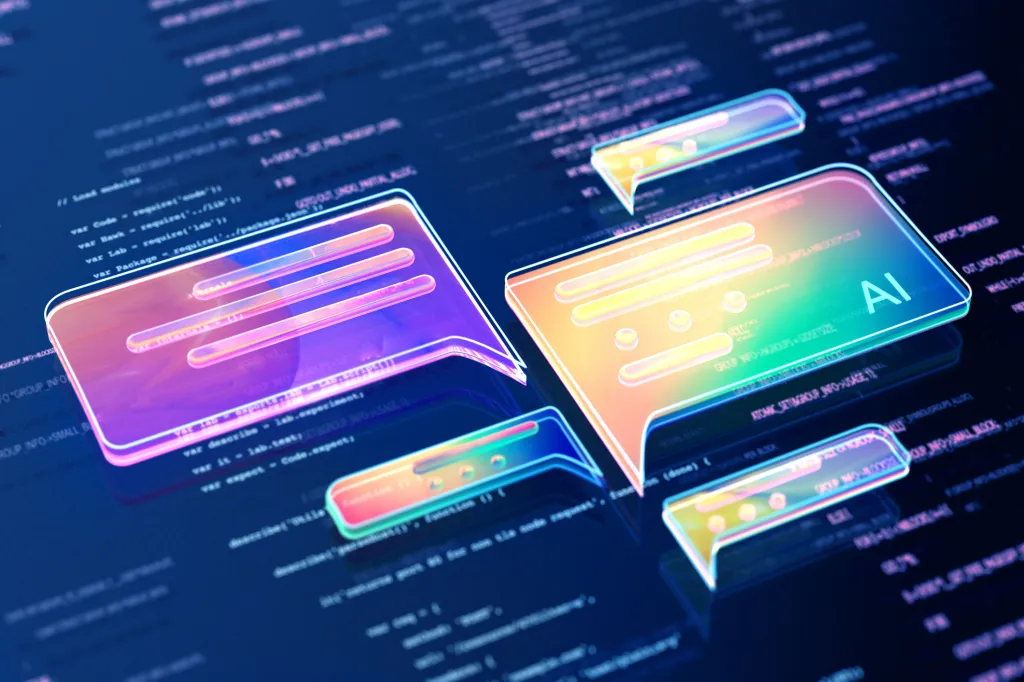



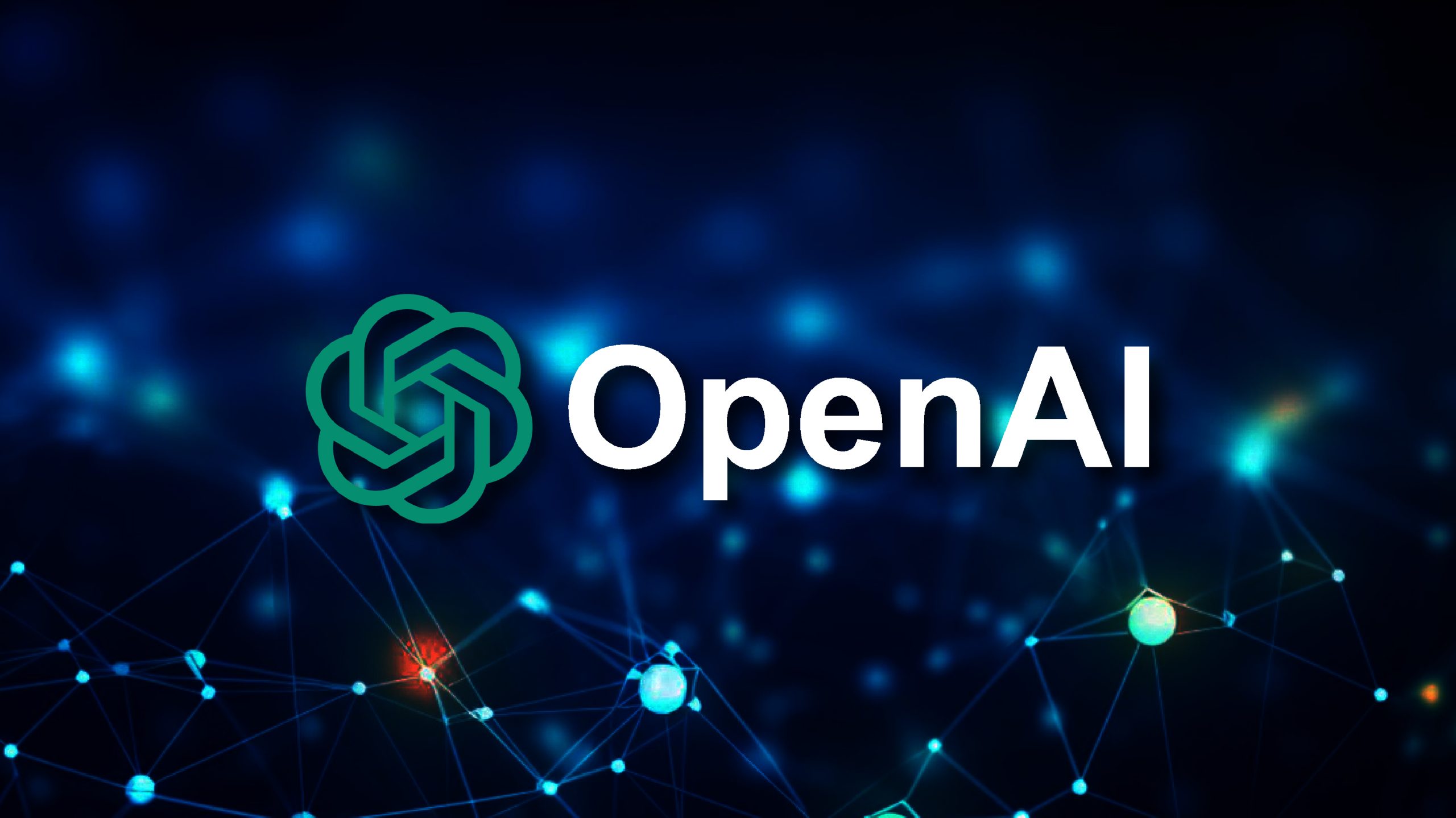



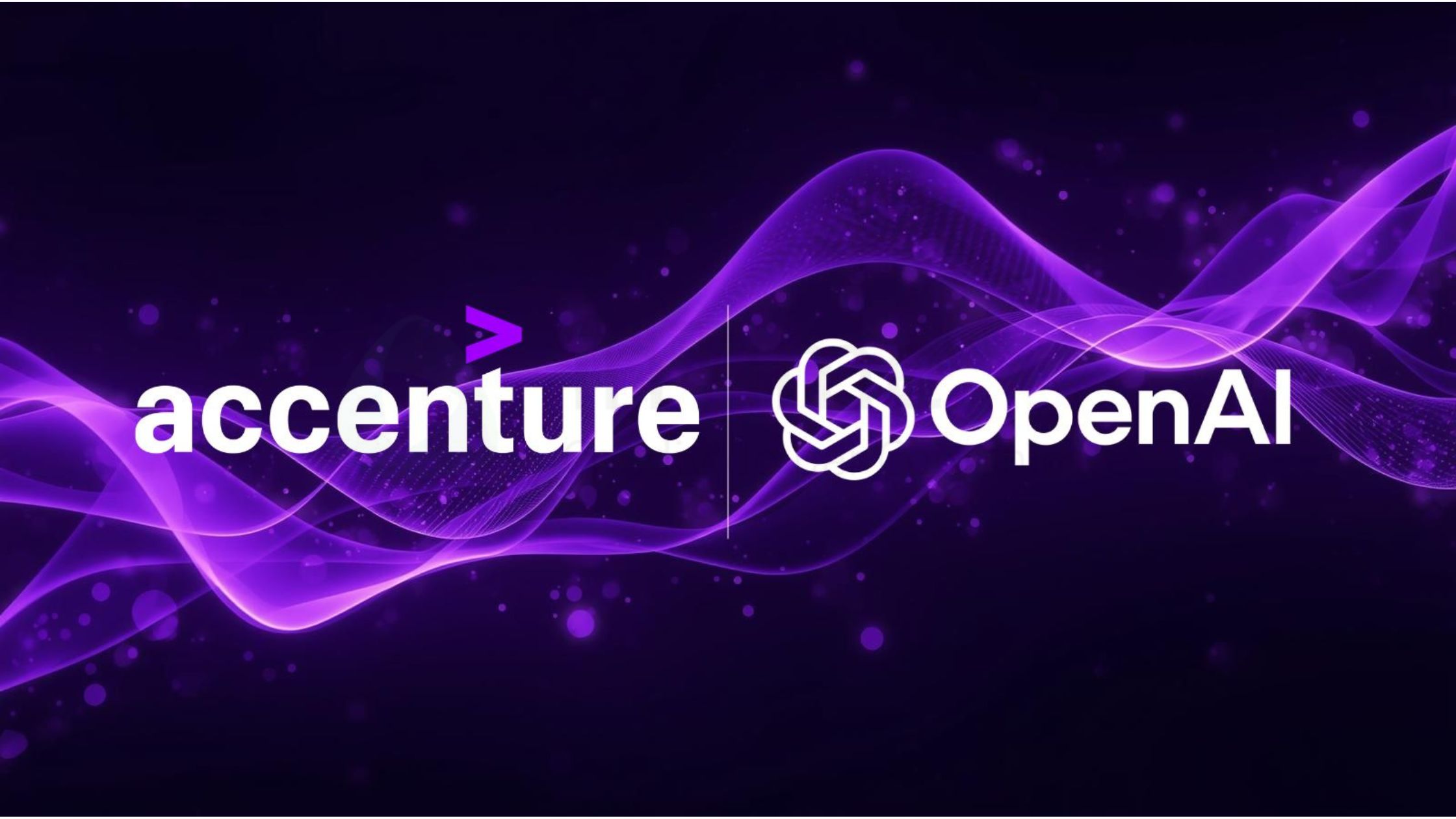
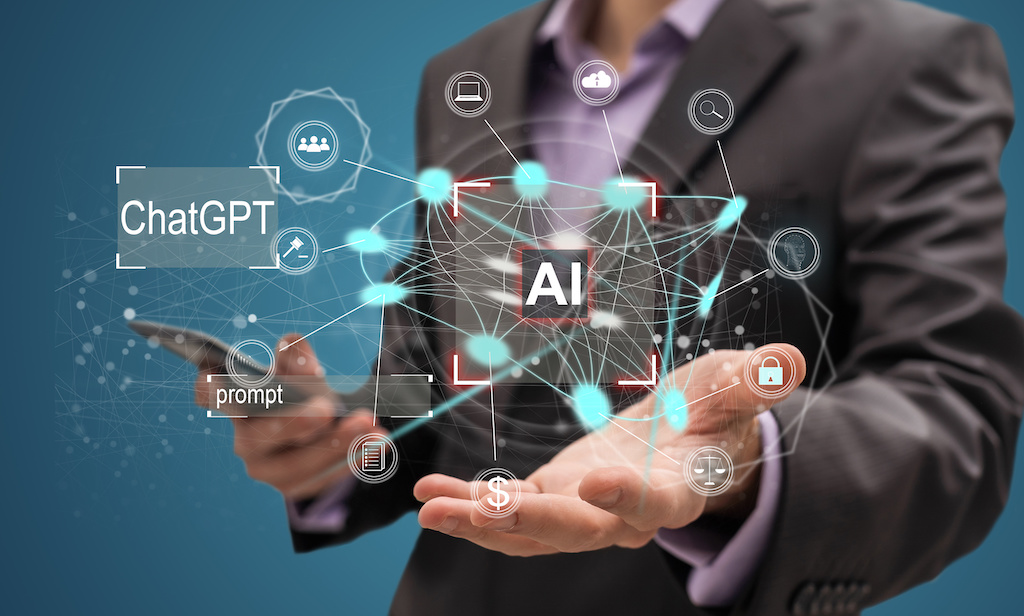









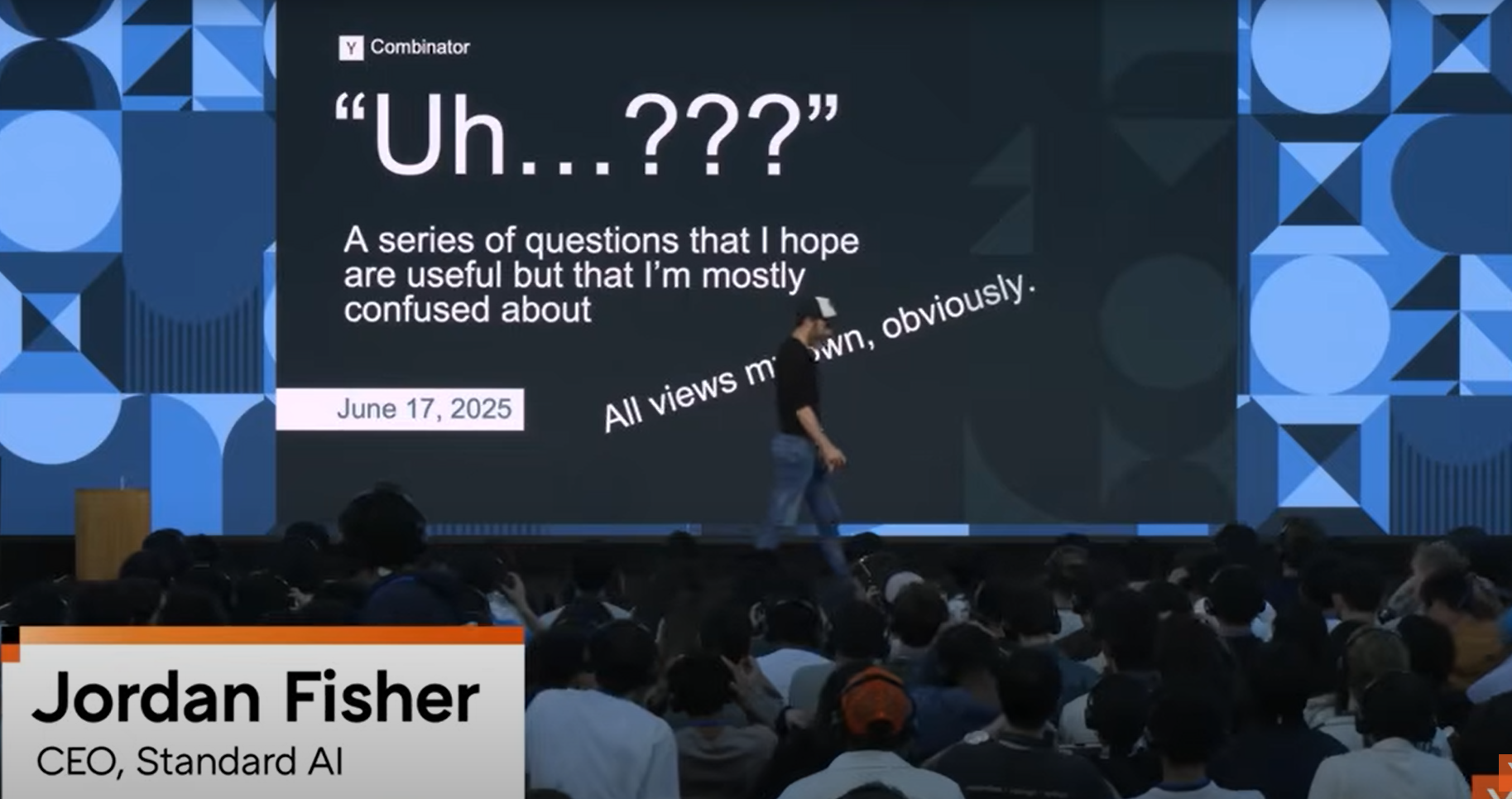














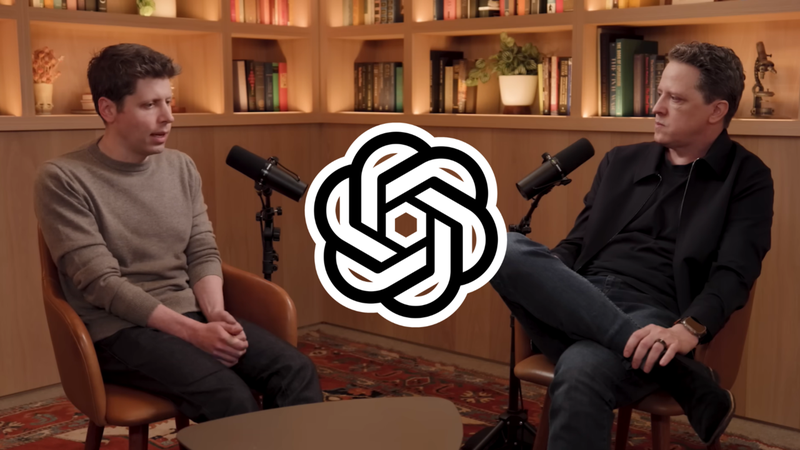















_2.png)


















.jpg)













